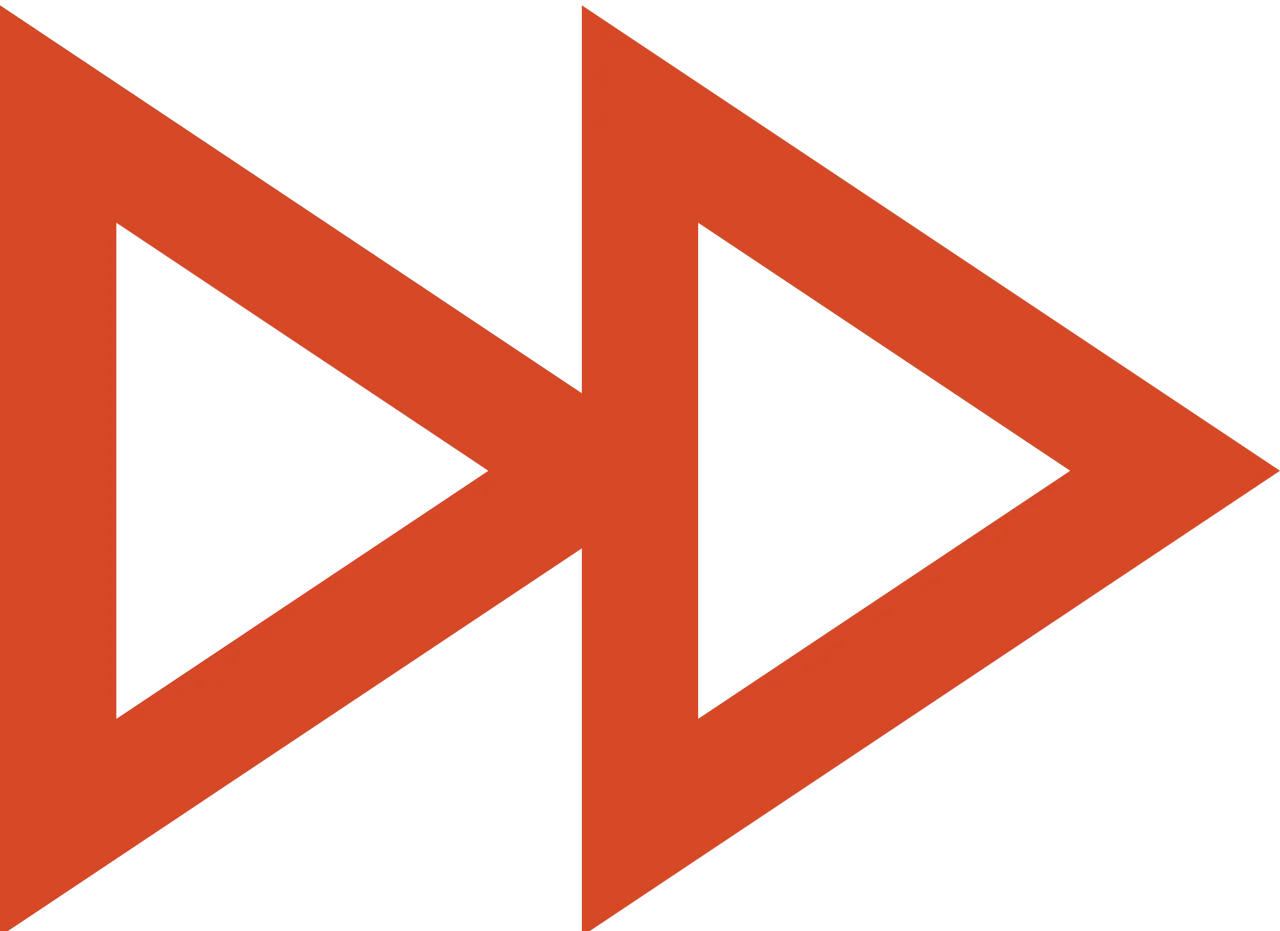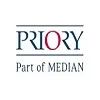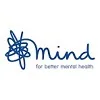Full Course
£74
£185Course Includes:
-
Online Study Mode
-
200 Recommended Study Hours
-
Study at your own Pace
-
Completion Certificate
Key Aspects of Course
-
Level 5 Diploma
-
Full Online Course
-
CPD Approved
-
Employer Approved
-
Fully Endorsed Course
-
450 Hours Training
-
No Entry Requirements
-
Boost Your Resume
-
Own Pace Study
-
Premium Course Material
-
Completion Certificate
£74
£185
Child Psychology Distance Learning
The Certificate in Child Psychology QLS Level 3 provides an excellent introduction to the fascinating world of child behaviour, development, and emotional well-being. Designed for anyone passionate about working with children, this course offers an in-depth understanding of how children think, learn, and interact with their environment. Delivered through flexible Child Psychology Distance Learning, the course allows learners to study at their own pace, making it ideal for working professionals or those balancing personal commitments.
This comprehensive Child Psychology Online Course also serves as an excellent progression route for individuals seeking a Child Development Certificate Online. Learners will explore topics such as emotional and cognitive development, social interaction, behavioural analysis, and effective communication with children. By the end of the course, students will have developed the knowledge and confidence to apply psychological principles in educational, caregiving, and social environments, opening doors to a wide range of rewarding career opportunities.
- Fundamentals of child development and behaviour
- Social interaction and relationship building
- The impact of environment and parenting on development
- Mental health awareness in children
- Cognitive and emotional growth in children
- Behaviour management and communication skills
- Early childhood learning techniques
- Professional ethics in child psychology
this course
- Aspiring child psychologists
- Teachers and classroom assistants
- Early years practitioners
- Social workers and caregivers
- Counsellors and youth mentors
- Nursery staff and childcare professionals
- Students pursuing a Child Development Certificate Online
- Learners interested in Child Psychology Distance Learning
SYLLABUS
Module 1
Module 1
Foundations of Child Psychology
Module 2
Module 2
Attachment & Emotional Development
Module 3
Module 3
Cognitive and Language Development
Module 4
Module 4
Personality and Social Development
Expected Psychology market growth by the end of 2027
Increased in growth in different learning organizations
Average Salary
£28k - £68k per Annum
Hiring Companies
Certifications
Learner Stories
Frequently Asked Questions (FAQs)
Yes. Our Child Psychology Online Courses are fully flexible and self-paced, allowing you to study whenever your schedule permits with no deadlines to worry about.
Not at all. All child psychology distance learning courses are delivered 100% online, meaning you can complete your studies from home or any quiet space.
No hidden fees apply. The stated price includes tutor support, digital study materials, and registration. Optional certificates are available for an additional cost if selected.
Yes. Every student is assigned a dedicated tutor who provides ongoing academic support, clarification, and guidance throughout your chosen programme.
Absolutely. Our Online Child Psychology Courses are open to learners worldwide, with all content accessible remotely.
Yes. Our Child Psychology Courses start with fundamental concepts, making them suitable for beginners exploring the field for the first time.
You only need a device with Internet access. All study materials are provided digitally and included in your course fee.
Definitely. Our Child Psychology Online Courses are structured to explain theories, developmental stages, and behavioural concepts clearly through online modules and tutor-supported learning.
If you're just starting out, an introductory certificate is ideal. Learners seeking deeper understanding may prefer more advanced Online Child Psychology Courses for broader insight.
Yes. Completing one of our child psychology distance learning courses can strengthen your knowledge for roles in education support, childcare environments, and further psychology-related study.
Full Course
£74
£185Course Includes:
-
Online Study Mode
-
200 Recommended Study Hours
-
Study at your own Pace
-
Completion Certificate
Key Aspects of Course
-
 Full Online Course
Full Online Course -
 CPD Approved
CPD Approved -
 Employer Approved
Employer Approved -
 Fully Endorsed Course
Fully Endorsed Course -
 No Entry Requirements
No Entry Requirements -
 Boost Your Resume
Boost Your Resume -
 Own Pace Study
Own Pace Study -
 Premium Course Material
Premium Course Material -
 Completion Certificate
Completion Certificate
£74
£185






